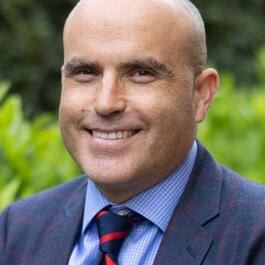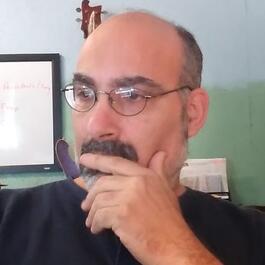
Mises Institute
The Mises Institute, founded in 1982, is an educational institution devoted to advancing Austrian economics, freedom, and peace in the classical-liberal tradition. Our website offers many thousands of free books and thousands of hours of audio and video, along with the full run of rare journals, biographies, and bibliographies of great economists.
Show episodes
The Continentals and other paper monies only temporarily retained some value largely because of an initial promise of future redemption in gold and silver—a monetary “bait-and-switch.” Original article: https://mises.org/mises-wire/continental-bait-and-switch
The Maidan Massacre of February 2014 supposedly involved Ukrainian government troops tied to President Viktor Yanukovych, a Russian ally, leading to his overthrow. But what if it was a false flag operation done to make people blame the government? Original article: https://mises.org/mises-wire/revisiting-maidan-massacr
Camillo Tarello was one of the fathers of modern agriculture. Fighting the headwinds of state disapproval for his innovative farming methods, he made many agricultural discoveries, benefiting not only his fellow Italians, but future farmers around the world. Original article: https://mises.org/mises-wire/camillo-tarell
Mark Thornton appears on Metals and Miners with Gary Bohm. They explore the Federal Reserve’s policies, geopolitical impacts, commodity underinvestment, AI’s economic role, precious metals like gold and silver, stock market valuations, and the path to prosperity through free markets. Mark shares Austrian economics pers
Historically, it has been very poor manners in Washington to admit that keeping home prices high is a deliberate policy. High prices are not the “unintended consequence” of good intentions. Original article: https://mises.org/mises-wire/why-are-houses-so-expensive-its-deliberate-government-policy
All children eventually learn that the presents under the Christmas tree come from family and friends, who must pay for them with their own money, and not from Santa Claus. Original article: https://mises.org/power-market/more-largesse-santa-claus-trump





